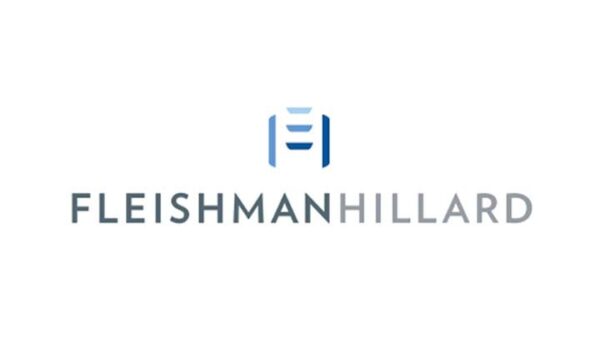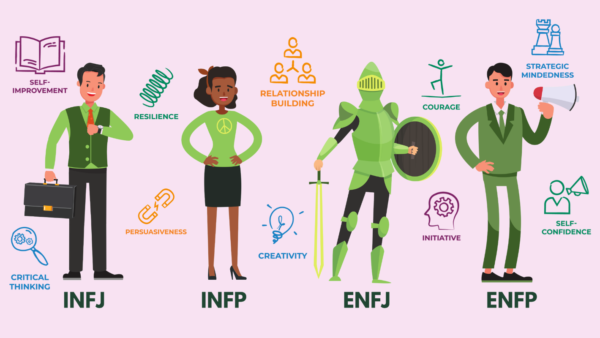Strengths make businesses better. And strengths make people better too. In this article, I will go through some of the most recent evidence that supports the business case for strengths in today’s organisations.
Strengths-based organisations
Let’s start with organisations using strengths and the benefits they see. In a study by Rigoni and Asplund (2016), which was based on data from 1.2 million employees in 22 organisations and 45 countries, 90% of organisations using a strengths approach reported the following outcomes:

And that’s not all – turning the clock back a little further, the Corporate Leadership Council in 2005 found that there were really big performance gains to be had when managers focused their performance reviews on employees’ strengths.
The research team wanted to know which type of performance approach worked best to drive up engagement and productivity. They gathered data on 105 different approaches from 19,000 employees across 34 companies, seven industry sectors and 29 countries to determine what works best.
Of all the performance approaches, focusing on strengths during appraisal discussions had one of the largest impacts on employee performance of all the approaches, improving performance by 36.4% on average. The study also found that too much emphasis on weaknesses had a significant negative impact on performance, reducing it by 26.9%.
So that’s the business case for strengths in businesses. But what about the outcomes for individuals?
Strengths-based people
People who use their strengths perform better than those who do not. People who know and use their strengths effectively experience the following benefits (findings are taken from a number of studies carried out over the past 20 years):
- Higher levels of well-being
- Lower stress levels
- Higher levels of motivation
- More effective problem-solving
- Improved relationships at work
- Higher self-confidence
- Greater career success
- More effective teamworking
- Higher levels of job satisfaction
Strengths give you and your organisation a performance advantage
So there you have it. Strengths make organisations better. And strengths make people better. It’s no surprise. We define strengths as those qualities that energise you and that you are great at, or have the potential to become great at.
So what a focus on strengths does is to reassure people that they can be themselves at work AND get the job done in a more energising, motivating and authentic way. Strengths-based organisations are the future. And they’re here already.
Have you begun your strengths journey yet?
The best place to start is at the beginning and build a modular approach to strengths.
References: Strengths-based organisations
Study 1: Rigoni, B. and Asplund, J. (2016). Developing employees’ strengths boosts sales, profit and engagement. Harvard Business Review, Sep 1 2016.
Study 2: Corporate Leadership Council (2005). Managing for High Performance and Retention. Corporate Executive Board.
References: Strengths-based people
Boniwell, I. (2012). Positive psychology in a nutshell: the science of happiness (3rd ed). Berkshire: Open University Press.
Harzer, C., & Ruch, W. (2013). The application of signature character strengths and positive experiences at work.Journal of Happiness Studies, 14, 965-983.
Harzer, C. and Ruch, W. (2014). The role of character strengths for task performance, job dedication, interpersonal facilitation and organizational support. Human Performance, 27, 183-205.
Littman-Ovadia, H., & Davidovitch, N. (2010). Effects of congruence and character-strength deployment on work adjustment and well-being. International Journal of Business and Social Science, 1 (3), 138-146.
Luthans, F. (2002). Positive organizational behavior. Developing and managing psychological strengths. Academy of Management Executive, 16(1): 57-72.
Luthans, F., Avolio, B.J., Avey, J.B., Norman, S.M. (2007). Positive psychological capital: Measurement and relationship with performance and satisfaction. Personnel Psychology, 60, 541-572.










